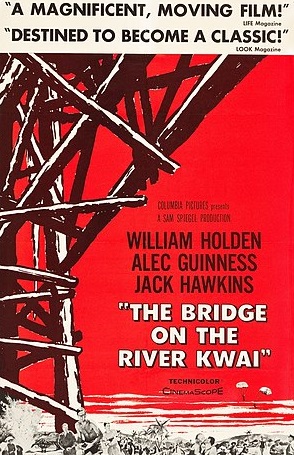
Director: Robert Wise
Starring: Julie Andrews, Christopher Plummer, Eleanor Parker
A young novice is sent by her convent in 1930s Austria to become a governess to the seven children of a widowed naval officer.
The Nuns at the Nonnberg Abbey in Salzburg are not convinced free-spirited Maria (Julie Andrews) is ready to be a nun. The Reverand Mother then sends Maria to naval officer Captain Georg von Trapp (Christopher Plummer) – whose wife recently died – to look after his seven children.
The children are between the ages of five and sixteen. With Georg running the house as if he is on one of his ships, the children are subjected to a very strict upbringing and not even allowed to play. At first, it seems like its going to be a daunting task for our inexperienced young heroin, but as she gets to know the children – and they her – a strong bond forms between them.
When Georg goes away to visit Baroness Elsa Schraeder (Eleanor Parker) – whom he intends to marry – Maria and the children get a chance to be adventurous. In the process she becomes a mother figure to them. I enjoyed Maria being a free-spirited yet strong character who never allowed Georg to intimidate her, and she always voiced her opinion.
The love story was predictable, I suppose, but it is a beautiful and romantic story and I wouldn’t have had it any other way. I must say, for a three-hour long movie, it was surprisingly fast-moving and I was never bored. On the contrary, I enjoyed every moment very much. The film took a very different direction during the third act, which I never expected, and it was wonderful.
‘The Sound of Music’ boasts fantastic sets and production design, beautiful costumes, good cinematography, good and funny dialogue, and superb performances. I absolutely love this delightful movie!
‘The Sound of Music’ received 31 award nominations, winning 18 including Oscars for Best Picture, Best Director, Best Sound, Best Film Editing, and Best Music. It also received Oscar nominations for Best Lead Actress, Best Supporting Actress, Best Cinematography, Best Art Direction-Set Decoration, and Best Costume Design.
On a budget of $8.2 million, the film earned $286.2 million.
Would I watch it again? Yes.


